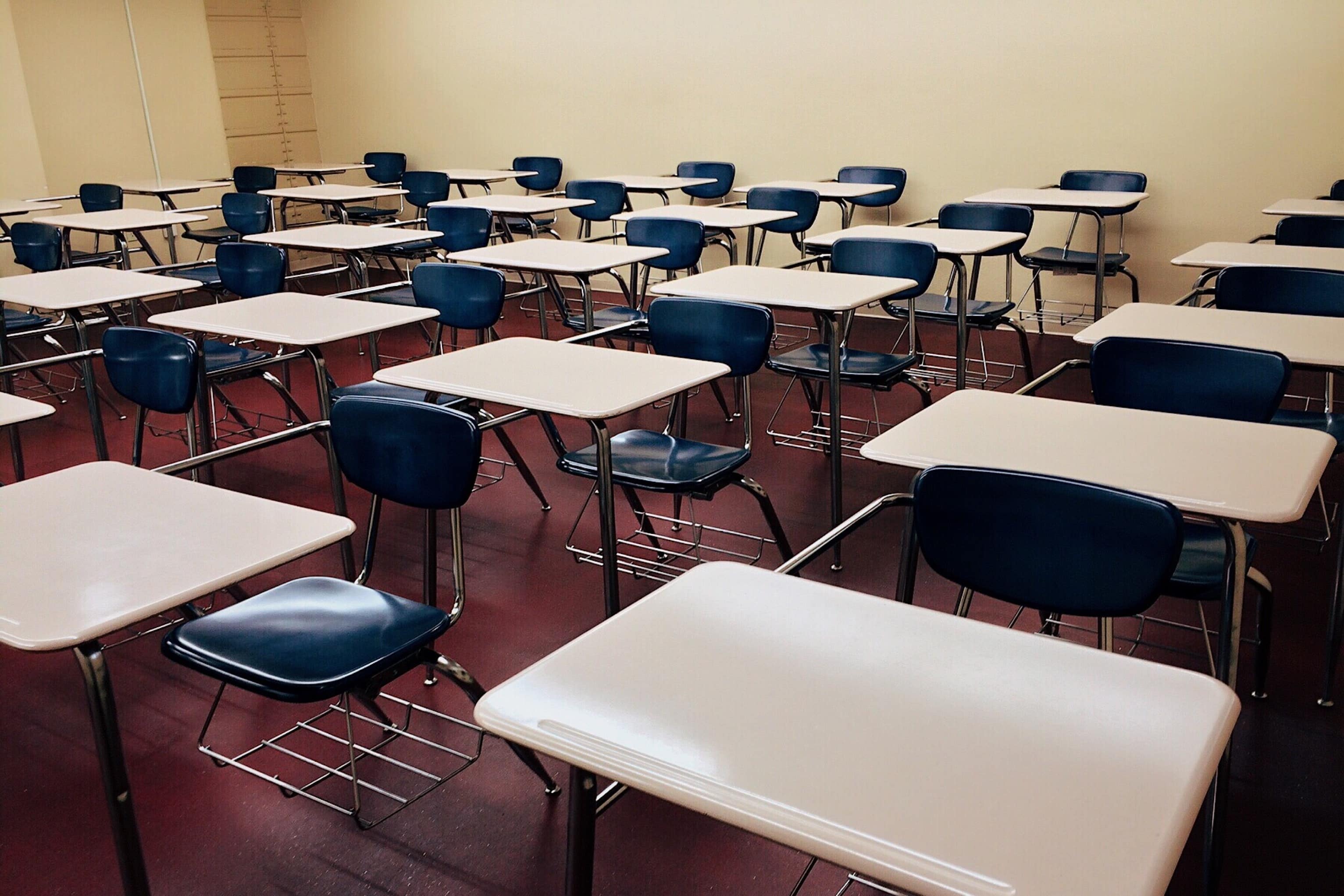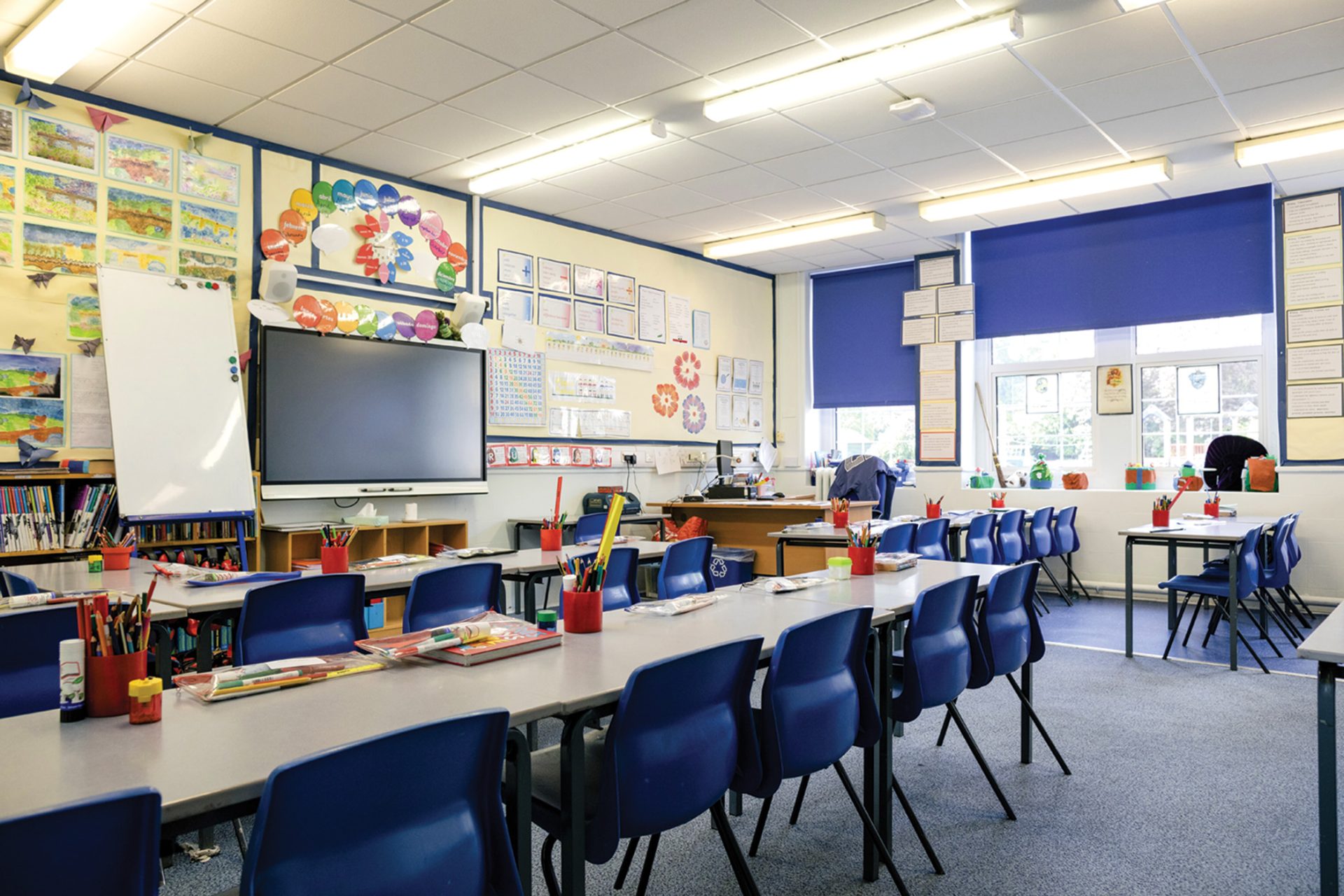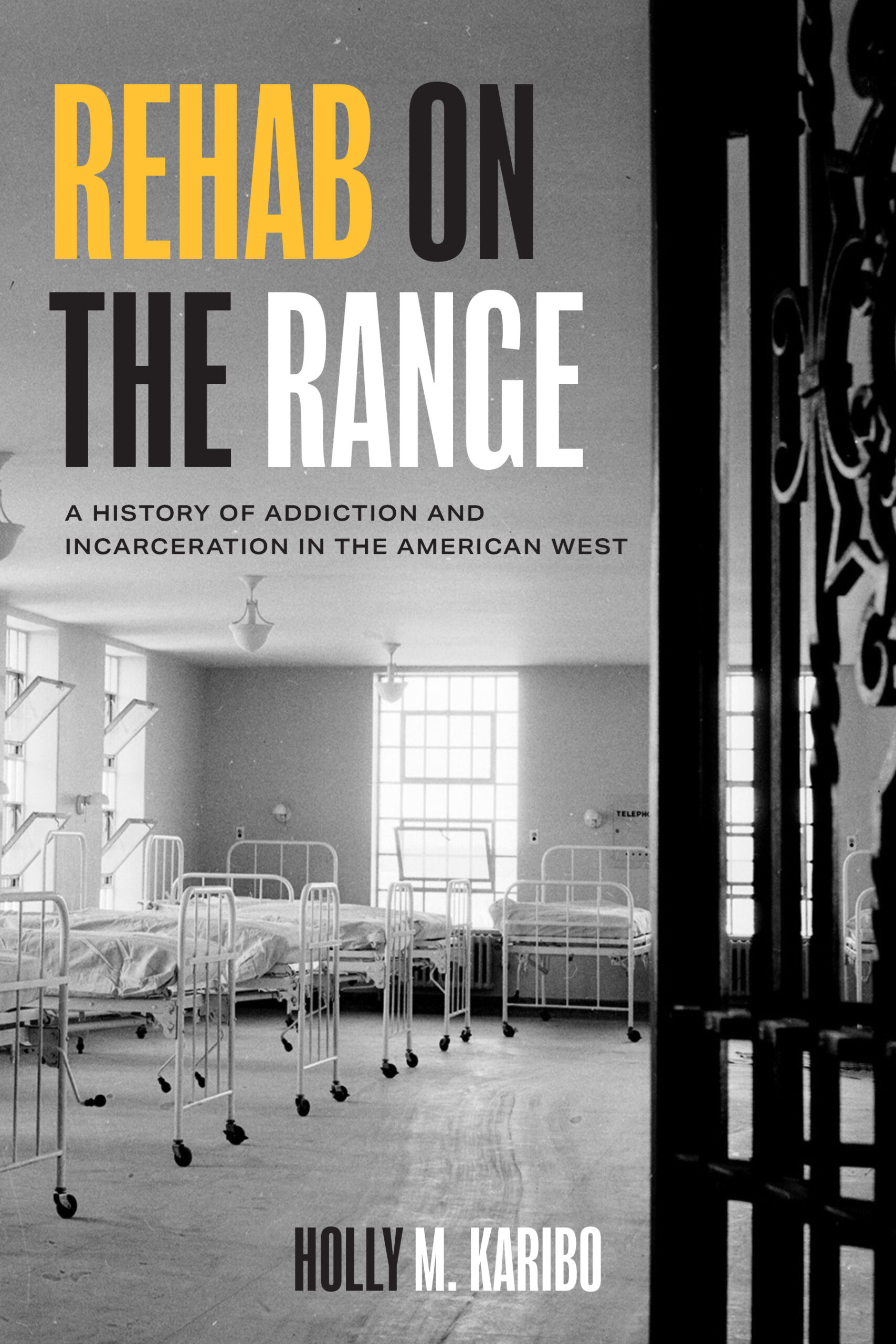Adults aged 18 to 26 are getting a second chance at earning their high school diploma and post-secondary credentials through a Region One Education Service Center dropout recover program, which recently received $450,000 to bolster those efforts.
The $450,000 award to the program was provided by the Trellis Foundation, an organization focused on improving post-secondary success for low-income students.
The award will span three years and is meant to re-engage students and assist them in furthering their education.
Region One Dropout Recovery Initiative Senior Director Darcia Cuellar said the program was in response to the increasing dropout rate after the pandemic.
“We’re slowly chipping away at that and making sure that (dropout rates) just decline,” Cuellar said. “We’re still not at pre-pandemic numbers … This program is for 18 to 26 year olds and it is completely state funded. Texas is the only state that offers any kind of free education to adults.”
The dropout recovery program started in the 2023-2024 school year, with PSJA ISD reintroducing the program last fall and Edcouch-Elsa ISD and Weslaco ISD launching their own programs this school year.
“It is very unique in how you do the work by really trying to gain the trust and the confidence (of the adult student),” she said. “You’re bringing back these students that, for many different reasons, disengaged from education when they were in high school. Many of these things are economic hardships, personal issues that arise … other things were vying for their attention and maybe at that time, there wasn’t all the support that we see now after the pandemic.”
The programs are completely free and open to all eligible participants. Adults can complete their secondary education at any of the three partnering school districts, regardless of where they reside.
PSJA ISD served over 200 individuals last fall and has graduated over 80 students. Cuellar said school districts can even generate funding through average daily attendance with the adult students.
“There is mistrust sometimes when we talk to these students,” Cuellar said. “Many of them say ‘The adults at home failed me. The adults at school failed me.’ And nobody kept them together in continuing their education.”
 (Pexels)
(Pexels)The program is flexible and gives each student a personalized education plan based on their availability and what is needed to graduate.
Teachers are also prepared to be trauma informed and trauma sensitive to students that have undergone trauma which possibly contributed to them dropping out.
Through the additional funding, a college transitions specialist supports partnering school systems by bringing knowledge and guidance for the unique challenges faced by students. The specialist also provides personalized guidance in college admissions, financial aid and academic planning.
Students are also supported through stipends, career internships and workshops. The program offers several career pathways aside from continuing a route toward college. It includes manufacturing, welding, electrical, patient care tech and information technology.
Gaining the attention and support of U.S. Rep. Vicente Gonzalez, D-Brownsville, he shared his own personal story of being a dropout in high school and how education changed his life.
“I’m going to continue supporting programs like this for Region One and for anywhere else in the country that I can,” Gonzalez said. “I’ve lived those struggles that people are dealing with when they’re trying to return to school and I feel their pain.”
Gonzalez said hanging around the wrong group of people, going down the wrong track and not having a strong support system at his home contributed to him dropping out in high school.
But through the encouragement from his mother, Gonzalez returned to obtain his GED and then went on to Del Mar Junior College, ending up graduating from Texas Wesleyan University School of Law in 1996 and ultimately becoming a United States representative in 2017.
“I went back to school and it totally changed my life,” he said. “So I think at any point, you can turn your life around through education. And not to sound cliché, but society’s best equalizer is a good education. It took me from being a high school dropout to being a member of the United States Congress. I couldn’t have done without first having gone and gotten that GED.”
When asked what advice Gonzalez could give to high school dropouts interested in going back to school, he said they have nothing to lose and it’s all reward and no risk.
 (Metro Photo)
(Metro Photo)“It definitely gives you a lot of confidence once you get through it,” Gonzalez said. “I think the training that you’ll receive will help you achieve great things and help you take care of your family and take care of yourself … When you drop out of school, you don’t feel proud of yourself.
“And getting a GED and returning to school is the first step to building your self confidence back up and I applaud everyone who does this. Come and meet with folks who are promoting this program and learn about it and if you have a family member or a loved one that has dropped out of high school, encourage them to come out and get involved. I think it can really turn a lot of lives around in South Texas.”
All three schools are currently accepting students. Interested adults can call (956) 984-6149 for more information.
The post Region One program offering Valley adults a second chance at education appeared first on MyRGV.com.
 (2).png)
 3 months ago
84
3 months ago
84








 English (US)
English (US)